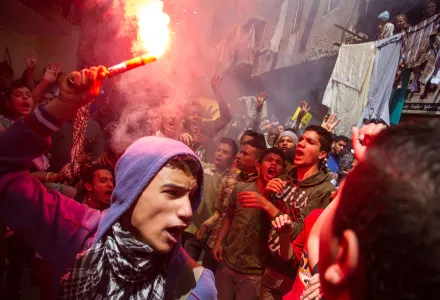
Summary
Although it may seem that the Muslim Brotherhood has weakened since the onset of the "Arab Winter" in 2013 and onward, organizations with their origins in the Brotherhood still have access to power in countries as diverse as Somalia, Bahrain, Morocco, and Yemen, and might regain power in other countries as well. Most Brotherhood-affiliated movements are committed to some form of democracy, unlike many of their rivals in the Middle East. Even the United Arab Emirates and Saudi Arabia have sought allies among Brotherhood affiliates, despite banning a majority of affiliated organizations.
This paper does not suggest that dialogue with the Brotherhood and related organizations with historic ties to the Brotherhood should be uncritical. It is necessary to address gender rights and punishment for apostasy, as well as some organizations' use of violence. Views on these issues vary among Brotherhood-affiliated organizations, however, and some organizations are attempting to move the Brotherhood's ideological discussion in a progressive direction. A critical dialogue can promote Brotherhood thinking that supports political consensus, ease the transition to a more stable Middle East, and support a positive direction in political Islam. Banning the Muslim Brotherhood or its offshoots from participating in democratic processes, however, has not created stability.
Hansen, Stig Jarle, Mohamed Husein Gaas, and Ida Bary, eds. "The Muslim Brotherhood Movement in the Arab Winter." Discussion Paper, 2017-04, International Security Program, Belfer Center for Science and International Affairs, Harvard Kennedy School, September 2017.



